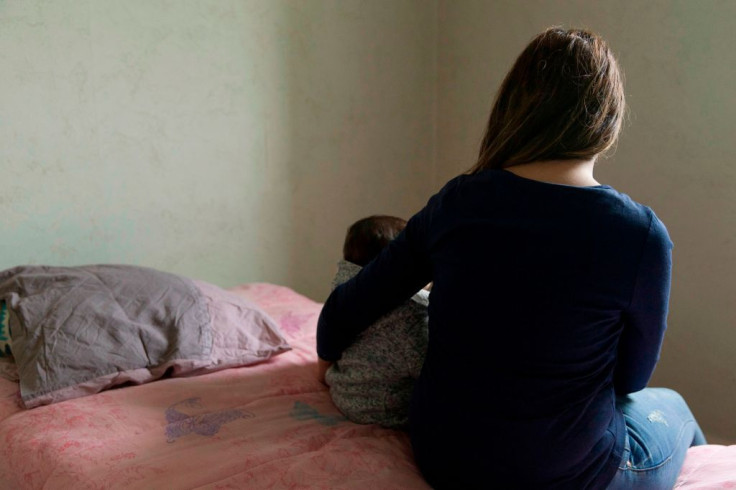
For years, violence against women in Mexico has been increasing, and it is linked to organized crime.
A policy brief that was recently published by the Wilson Center revealed that increased militarization as well as the "war on drugs" have played a key part in the recent rise in gender-based violence in the country.
Official numbers from the National Public Security System showed that almost 43,000 women were murdered in Mexico between 2006 and 2021.
It also showed that the number of femicides and female homicides shot up steadily year by year, as per Insight Crime.
Scholars in Mexico and feminist and civil society organizations like Intersecta pointed out that the rise in femicides and female homicides is directly linked to organized crime. Mexico's security policies, which have become more militarized, are also to be blamed.
Gema Kloppe-Santamaria, who is a Mexico Institute Global Fellow at the Wilson Center, said that women have become more vulnerable due to confrontations between "criminal organizations, and confrontations between state actors and non-state armed actors."
The Assistant Professor of Latin American History at George Washington University also noted that there has been an important shift in terms of more "overt involvement of state security forces, like police or military, in fighting organized crime that is putting women at risk." Amid the militarizing security, which she feels is increasing the circulation of weapons, the "lethality of violence against women has increased."
Julia Zulver, a Marie Curie Research Fellow who specializes in high-risk feminism, said that people know that women and their bodies have been "strategically targeted with violence as a way to control communities." She noted that people "see this in conflict zones around the world." But this is not something that she has not always found to be the case in the communities where she has been working in Mexico.
She shared that what they do see is that, where there is "heightened violence between communities and organized crime." There are clashes in these places with the state. She said that there are many women and mothers she has worked with, and their children "have nothing to do with organized crime," and yet they were killed just because they were "young, poor, and of a certain skin color."
Kloppe-Santamaria shared that femicides and overall killings against women have been rising in the country since the 1980s. She said that the biggest change is that homicides against women didn't always follow the same tendency as homicides against men. But she pointed out that with the "war on drugs, especially beginning in 2007 and 2008, recent studies suggested the graph of homicides against men and women has the "same shape." She sees that as an indicator that the "drivers behind the killings against women and the killings against men are becoming similar."
She noted that the other more qualitative aspect of these killings is that more than half of them happen with a firearm and they happen in the public space. This suggests that the link between the victim and the perpetrator has changed. But there are also things related to violence against women that haven't changed. She said that people's perception is still that these women were "involved in something," and that they probably had some connection to organized crime.
© 2025 Latin Times. All rights reserved. Do not reproduce without permission.




